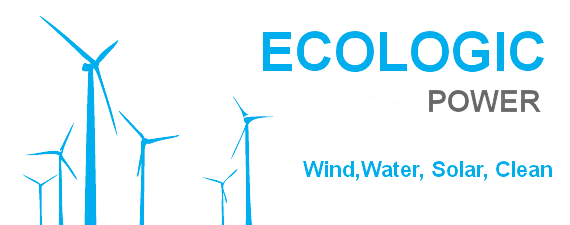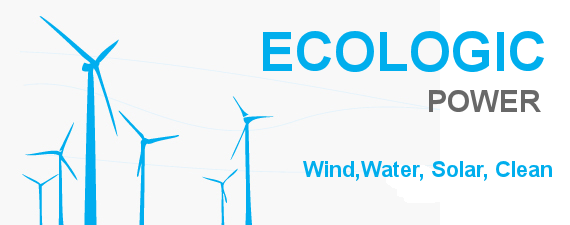Hydrogen is a great fuel source because it is clean burning and produces no emissions. This makes it an ideal choice for powering ships, which are often required to operate in sensitive areas such as near coral reefs or in protected marine sanctuaries.
Topeka’s hydrogen vessels are now one step closer to making that a reality after winning NOK 219 million ($24.18 million) in governmental aid from Norway.
According to what is known, the EFTA Surveillance Authority (ESA) accepted the award, indicating that all prerequisites for funding have been met. According to Topeka, a subsidiary of the multinational shipping corporation Wilhelmsen Group, the only thing left is for the hydrogen production to start.
Topeka CEO Steinar Madsen said:
“With ESA’s approval, our hydrogen-powered zero-emission vessels are one step closer to reality. Now we are awaiting hydrogen to become available vessel fuel. We are excited for our Norwegian government and its ambition of investing in green infrastructure, focusing on hydrogen production, logistic hubs and supply chains to pave the way for commercial use of hydrogen.”
Additionally, Topeka’s CEO thinks that Norway’s recently unveiled national budget demonstrates encouraging trends, particularly in light of the emphasis placed on Contracts for Difference to lower risk in green projects with unfavourable current return on investment.
In 2024, the vessels—the first of their kind—will start operating in a commercial capacity. Liquid hydrogen and hydrogen fuel cells will be used to power the identical two vessels.
They will sail on a set schedule carrying both coastwise customer cargo and containerized liquid hydrogen (LH2) to the bunkering hubs, offering a two-in-one solution.
“Hydrogen as a fuel enables opportunities for zero-emission shipping. The base-to-base project will secure seaborn and emission-free hydrogen distribution and is our first step towards scalable zero-emission maritime operations. Together with Aurora, the liquid hydrogen factory at Mongstad in Norway, we will create a full LH2 infrastructure and commercial ecosystem, while at the same time removing yearly some 25 000 trucks from the road,” added Madsen.
The Norwegian government anticipates that making hydrogen a commercially available fuel will open the way for an emission-free maritime industry once the LH2 infrastructure is in place and available as a fuel for offshore and onshore uses. This could be one of the best maritime solutions we’ve seen yet.


